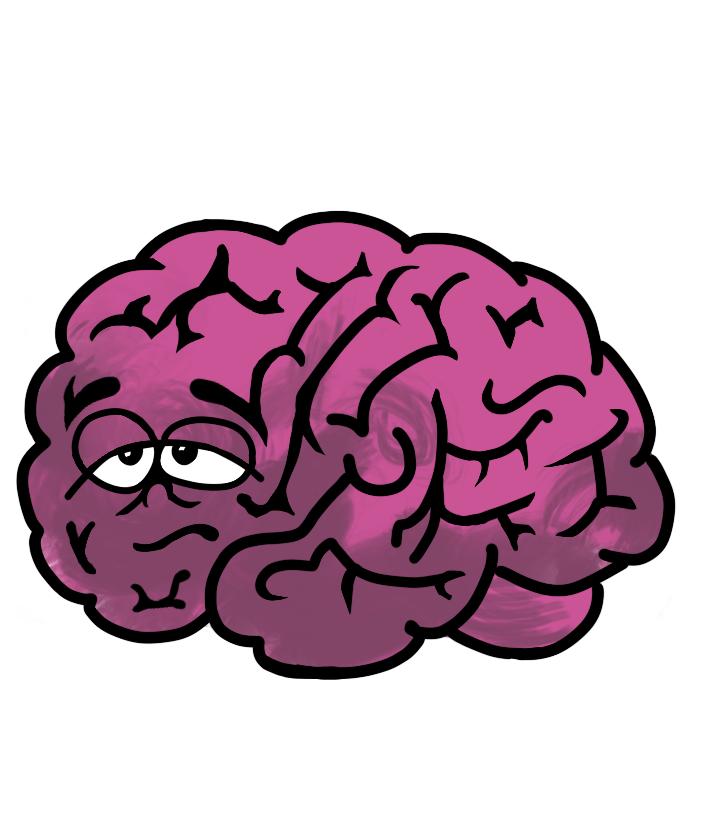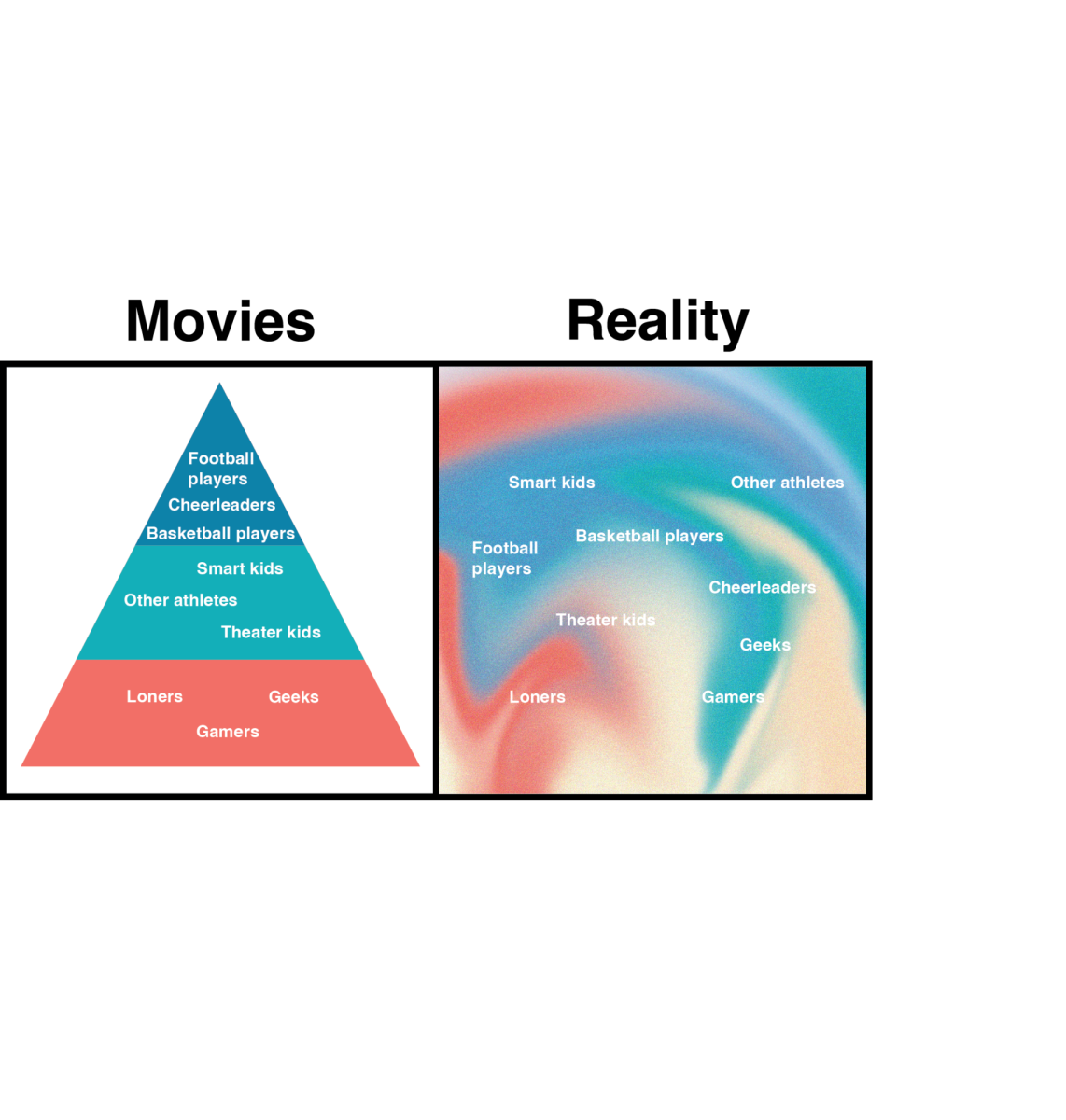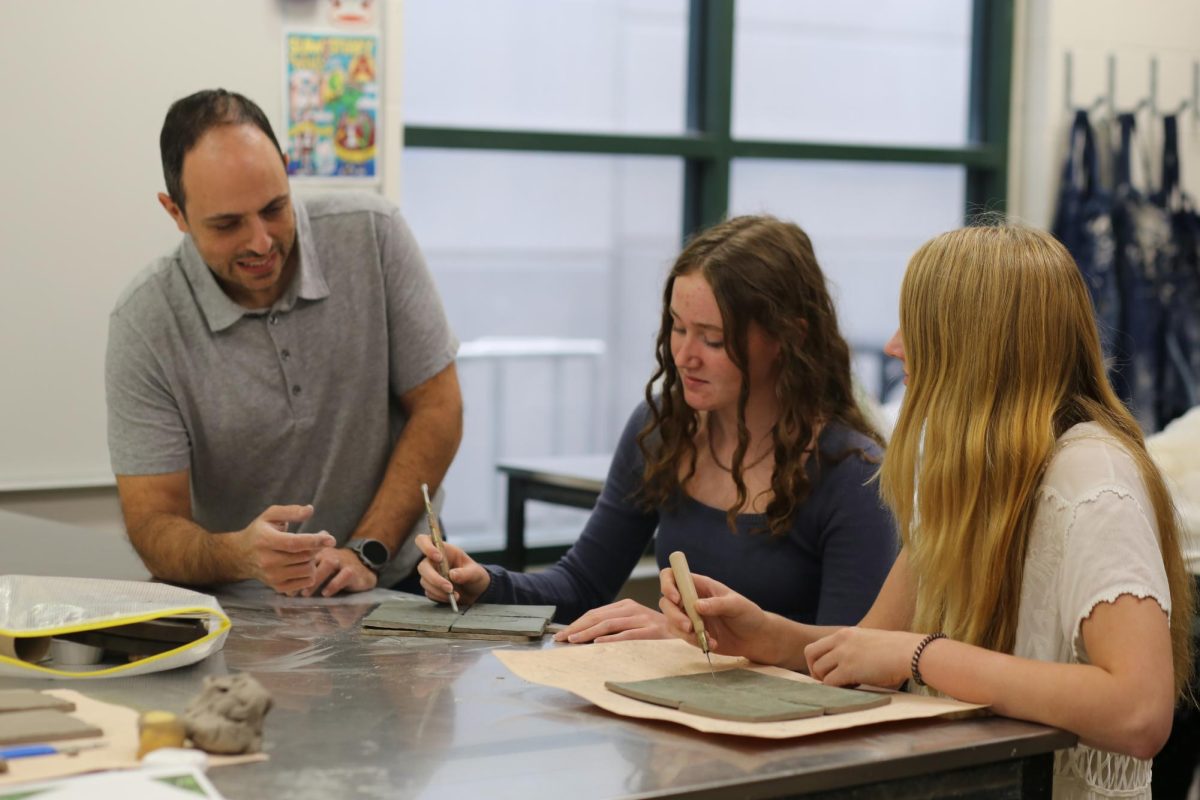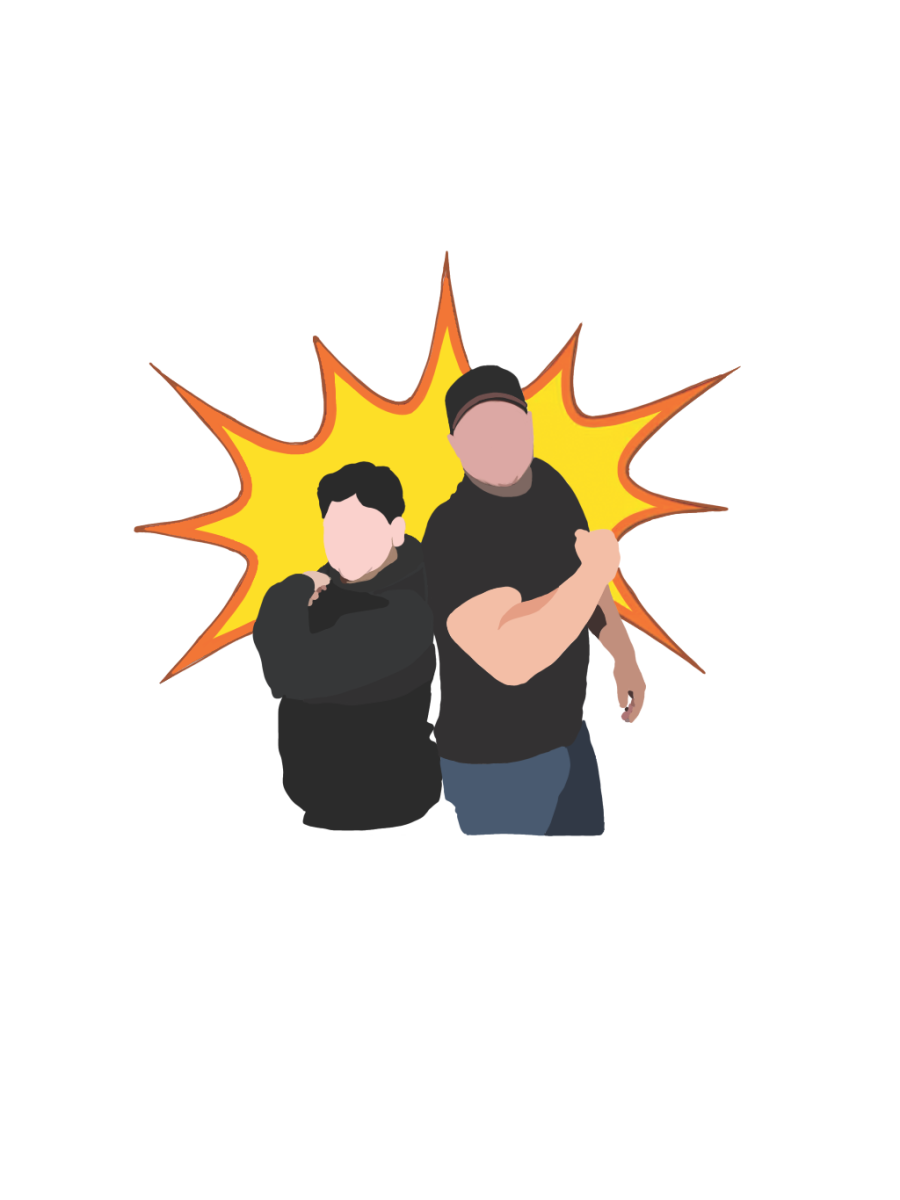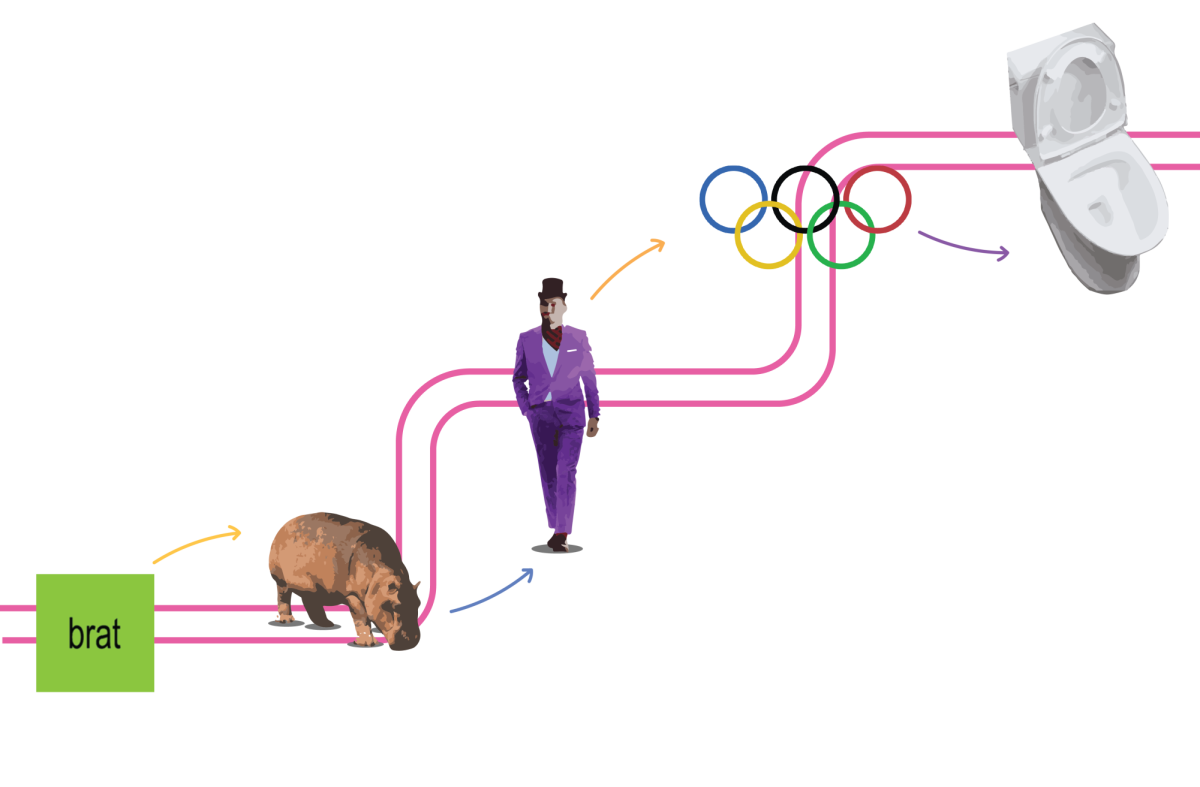Let’s be honest. We have all been in situations when we were busy fighting with our brain to stay awake, especially right after lunch. Sometimes we won; other times we lost. No matter how much we tried to pull an all-nighter, especially during semester exams, sleep conquered us in the end.
We spend a third of our life doing nothing but sleeping. “If sleep doesn’t serve an absolutely vital function, it is the greatest mistake evolution ever made,” the renowned sleep researcher Allan Rechtschaffen once said.
Scientists have tried to find out why we spend so much time asleep. Despite research from different perspectives that spans more than 50 years, we still don’t have a clear answer to the question. In the process, we have uncovered a lot about the science of sleep. The Circadian clock, a timekeeping device in our brain, controls our sleep cycle by regulating our body temperature and releasing neurotransmitters at the right time to wake us up or get us to fall asleep. That’s why early risers find it difficult to sleep-in; their brains have been stimulated with wake-up juice.
Research at Harvard Medical School has shown that when we sleep, energy metabolism is reduced. Sleep provides the body, including the brain, an opportunity to repair and rejuvenate itself.
Although a sleeping person appears inactive, scientists have discovered that the brain is highly active during sleep. In fact during REM sleep (the dreaming stage) the brain is even more active than when we are awake.
A study conducted by Giulio Tononi, a noted sleep researcher at the University of Wisconsin-Madison, showed that memory consolidation may be a function of sleep, where the brain commits key information to long term memory and discards redundant data. The best way to learn those algebra formulae is to sleep on it. How about some mandated naptime during algebra class?
In today’s world we are under constant pressure to accomplish a lot in the shortest time possible. Cram for exams, work on that project due the next day, Skype friends, watch TV shows, shop during late night hours for extra discounts and, of course, party. By disregarding the alarms our biological clock sends us, we may be jeopardizing our health and schoolwork. Donna Walker, the AP Psychology teacher, emphasizes the importance of sleep.
“Sleep is crucial to helping form memories, so not getting enough sleep works against all the studying you stayed up late for,” she said.
Sleep deprivation can limit our ability to concentrate and memorize, leading to aggressive behavior and skin problems. If you don’t manage your time to prioritize sleep for the sake of your health or even your studies, perhaps you will for your complexion. She further adds that we are inactive when we are asleep, yet the electrical activity in our brains is highly active.
Interestingly, not all creatures sleep the same. When humans sleep, the entire brain is involved. On the other hand, when whales or dolphins sleep, only one hemisphere of the brain is involved because they maintain consciousness to surface, breathe and remain vigilant at all times. Too bad we can’t swap our brains with Shamu so that we could snooze and take notes at the same time in class.



